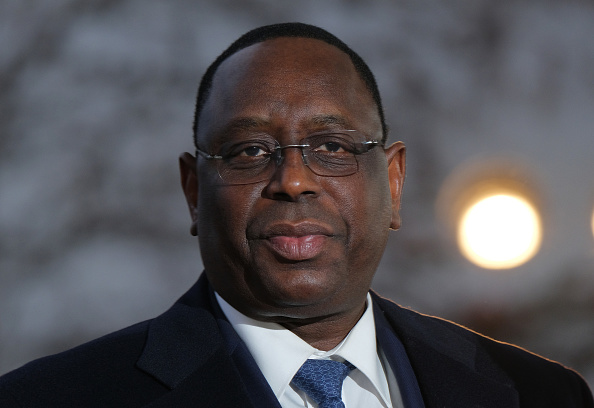Dakar – Senegalese President Macky Sall’s coalition narrowly won last month’s legislative election, according to final results, but has kept its absolute majority in parliament thanks to a new alliance.
The president’s coalition, which includes his party Alliance for the Republic (APR) and other parties, won 82 seats of the national assembly’s 165, the constitutional council, Senegal’s highest court, said late Thursday.
The figure was down from the 125 it won in 2017.
But Sall’s camp got an absolute majority of 83 seats after joining forces with an opposition MP, Pape Diop, a former president of the assembly and the senate.
Diop, whose coalition won one seat, told a press conference in Dakar Thursday he joined the coalition to ensure Senegal does not suffer “a block on the functioning of its institutions”.
ALSO READ | Senegal opposition says will not appeal legislative the results
Since Senegal is led by the president, Diop warned “a national assembly placed under the control of the opposition will inevitably lead to an institutional crisis”.
The opposition alliance won 80 seats in total, with 56 for “Yewwi Askan Wi” (“Liberate the People” in Wolof) – a coalition led by the main opponent Ousmane Sonko – and 24 for the “Wallu Senegal” (“Save Senegal”) coalition, led by former president Abdoulaye Wade.
Two other members of parliament come from the ranks of two small party coalitions.
Senegal’s main opposition alliance announced this week it would not appeal the results to the constitutional council because of a lack of confidence in the court’s independence.
The council has rejected allegations that it is influenced by the ruling party.
ALSO READ | Mediator says Senegal peace deal with southern rebels an ‘important step’
Yewwi Askan Wi had complained on August 4 about the vote-counting commission “refusing” to let it verify the voting records in four localities in the north of the country, a stronghold of Sall.
With a presidential election due in 2024, the opposition had wanted to control parliament in hopes of imposing on the ruling camp an uncomfortable “cohabitation” arrangement.
The president, who was elected in 2012 for seven years and re-elected in 2019 for five years, has so far remained vague about his future plans.
He has promised to appoint a prime minister – a position he abolished in 2019 and reinstated in December 2021 – from the winning party in last month’s election.
Follow African Insider on Facebook, Twitter and Instagram
Source: AFP
Picture: Getty Images
For more African news, visit Africaninsider.com


